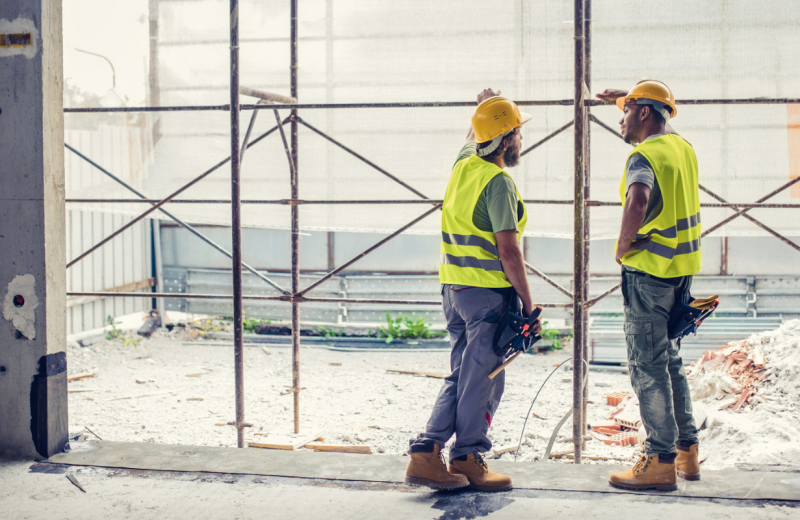
Need better sleep? Six habits to help you snooze
Do you go to bed wired but wake up tired?
Do you toss and turn and watch the clock as you try to fall asleep?
You aren’t alone.
Getting regular and restful sleep is important for our physical and mental health. Sleep is important because it enables the body to repair itself and helps to fuel our energy levels for a new day.
According to the Sleep Health Foundation, issues such as insomnia, sleep apnoea, interrupted or restless sleep, and poor sleeping patterns are common concerns for many Australians.
A bad night’s sleep can cause drowsiness, irritability, headaches, loss of productivity, reduced responsiveness and poor judgement. Over a long period of time, poor sleep can be linked to chronic illness or poor cognitive performance.
If you are having sleep issues, there are some simple things you can try. Why not give our ‘Six habits to help you snooze’ plan a go?
- Improve your sleeping environment
Start with the basics and ensure your room is the right temperature, dark enough and quiet. Invest in good bedding materials, and wash your sheets regularly. Only use your bed for sleeping and intimacy. This way your brain associates your bed with sleep – not watching TV, playing video games or snacking – which you can do elsewhere. - Listen to your body
It can be tempting to ignore your body and stay up later. Going to bed once you feel tired means you are more likely to fall asleep. Waiting too long can cause the sleep cues to pass. If you are feeling anxious, restless or full of energy, perhaps delay your bedtime a little. - Make a routine
Going to bed and getting up at a regular time each day creates a rhythm for your body clock to follow. Make it part of your routine to relax in the hour before bed by avoiding mentally/physically stimulating activities and too much use of bright screens. If you conduct shift work or work long hours, make sure to adjust your routine to allow for optimal sleep times and duration. - Plan your food intake and exercise output
Eating your meals or drinking alcohol or caffeine too close to bedtime can negatively impact your sleep. Ideally, eat your evening meal at least 2 hours before bed. A healthy diet overall can aid digestion and sleep. Maintaining an exercise routine each day can also help with sleep – aim for a minimum of twenty minutes, but not too close to bedtime. Get some sunlight in the waking hours, so your body associates darkness with sleep. - Practice relaxation
It can be hard to sleep when you are tense or worrying. Stress is a major impediment to sleep, and while this can be due to complex issues, there are simple things that can help. Talk about your issues during the day or write them down – get them off your chest. Practice meditation or something that relaxes your body and mind. Warm showers, stretching and massage can also help. Some people like to listen to calming music. - Get a health check
Sometimes the inability to sleep is outside of your control due to health reasons. Illness, pain, injury or chemical or hormonal imbalances can impact sleep. As can issues with breathing, such as chronic snoring or sleep apnoea. You could get a health check by your GP and ask to see a sleep specialist if these problems persist.
It is important to remember that your sleep times, preferences and the amount of sleep you need will differ to others.
If sleep issues are an ongoing concern that impacts your health, mental wellbeing, relationships or work, consider seeking professional advice from your GP.
Sleep is just one of the topics we cover during our workplace wellbeing programs. To find out more, or to book a Tradies Tune Up for your team, call 02 6251 4166 or email





